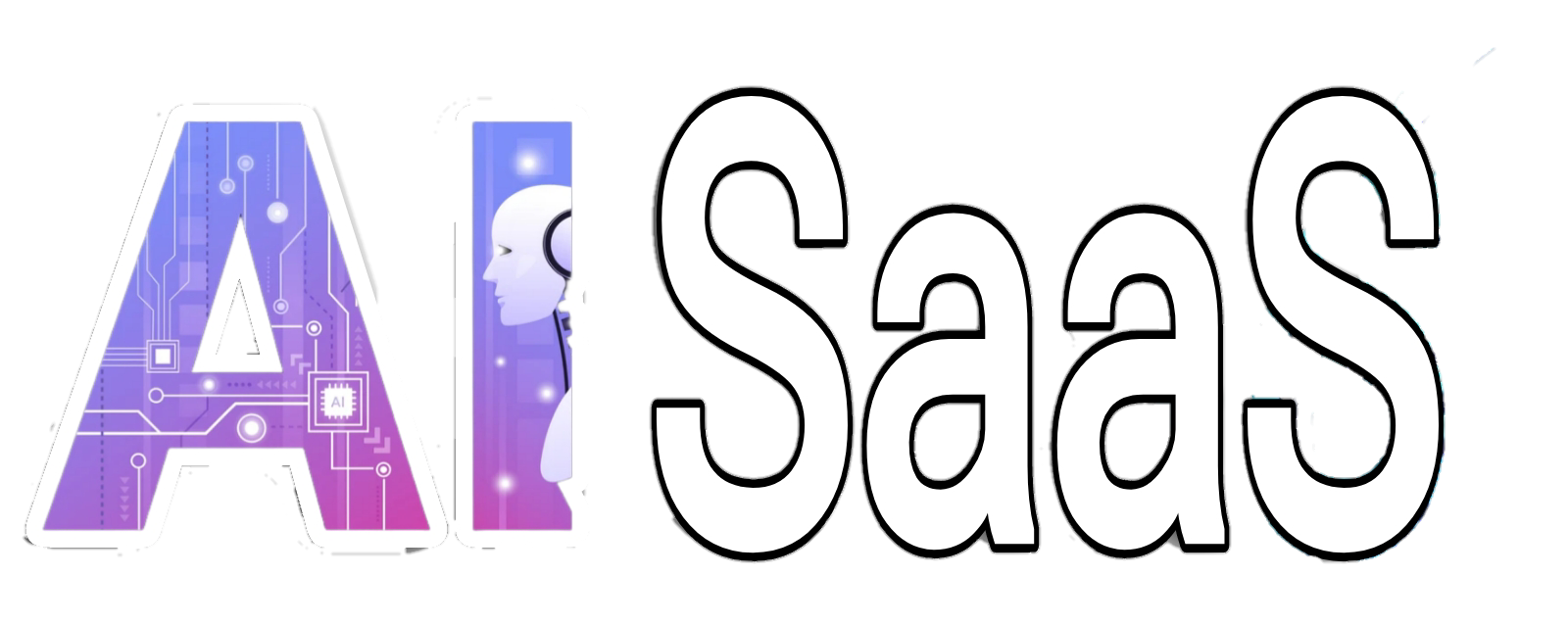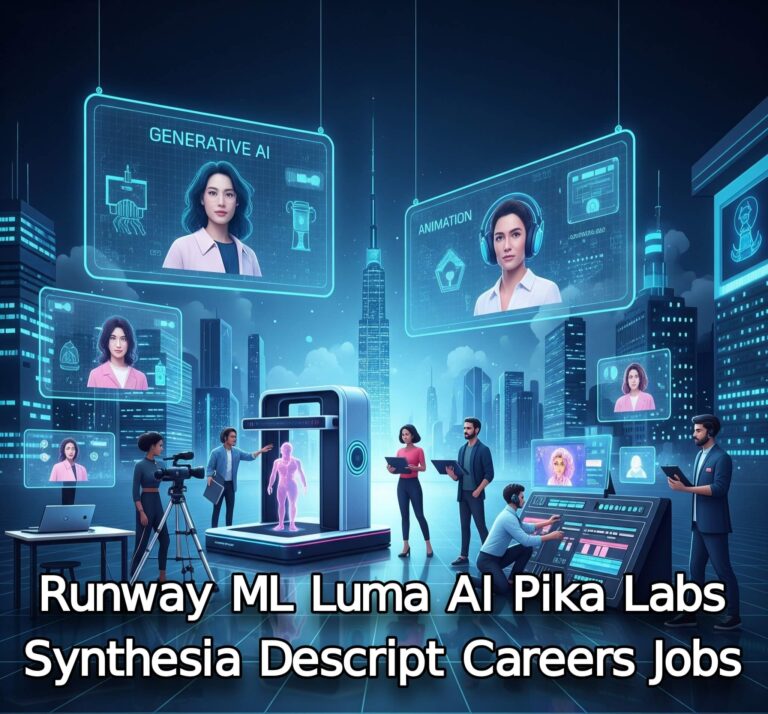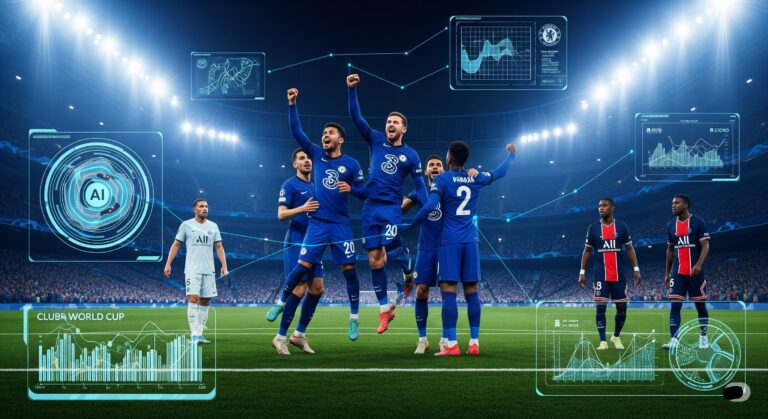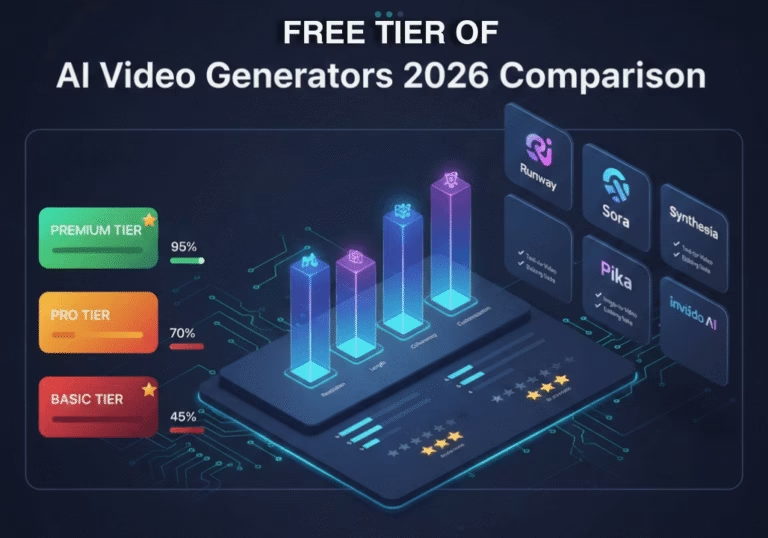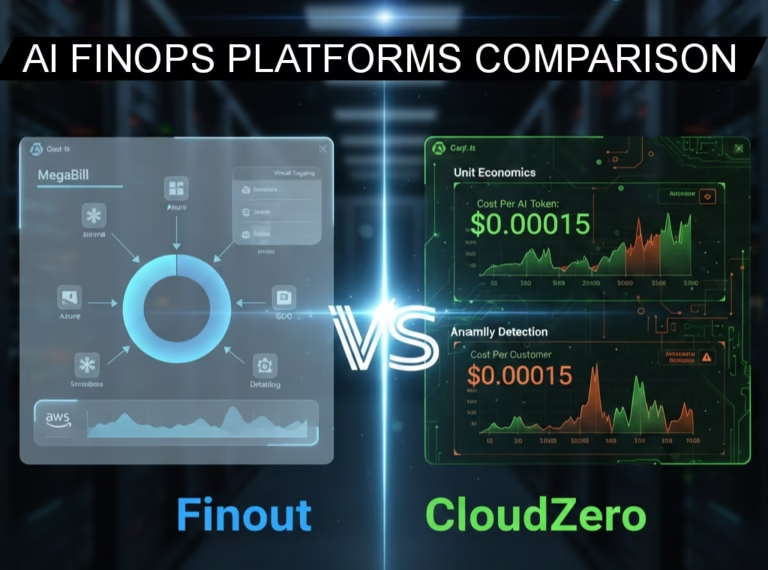
Thinking of AI agents as a new type of freelancer is an interesting concept that captures an intentional moment of labor as our work continues to evolve in an increasingly automated world. It presents exciting opportunities as well as complex challenges that combine technological, economic, ethical, and legal contexts. Here is a comprehensive perspective on the concept ( AI as Freelancers ) grounded in the four different perspectives:
Why AI as Freelancers Makes Sense ?
AI agents are already doing the work of freelancers: however, instead of posting ads for their services in content writing, data analysis, graphic design, coding, and customer support, they are programmed to work without fatigue, provide replicable and exact outputs, to scale near instantaneously. All of these factors make AI agents a low-cost option for businesses in comparison to a human freelance worker. Moreover, only freelance workers need to execute contracts, benefits, or breaks. AI works best when it is doing massive, repeatable tasks (e.g., creating hundreds of product descriptions or processing databases of data) really quickly. Platforms are coming online where AI agents can be “hired” for general jobs (similar to freelancers on Upwork or Fiverr), demonstrates this notion fits well with gig economy within which AI could also fit. Hence, there is also a market for AI as labour as freelancers. From a practical perspective, thinking of AI agents as freelancers provides a business-oriented perspective to adopting these tools as part of their workflow. On one hand, AI can do repetitive, mundane tasks; but on the other hand, AI can learn from its input and be automated by the business.
The Challenges and Limitations (AI as Freelancers)
Despite all of those warm and fluffy advantages, it isn’t a perfect parallel to treat AI as freelancers. AI does not have creativity, emotional intelligence, and nuanced semantic judgment like an actual human freelancer has. AI will have outputs that might resemble creative outputs, or it might just be a strict magnitude of instruction, but it doesn’t have true originality, empathy, or the ability to navigate a vagueness that requires a human decision. An example of this is when a human freelancer recognizes subtleties of client preferences during a conversation that AI is unable to replicate up to this point.Ethical concerns loom large as well. If AI agents are freelancers, who is responsible if they make mistakes, spread disinformation, or cause harm? Is it the developer, the user or the platform? In addition to its ambiguous platform, ownership and copyright of AI-generated work is legally murky territory as well – each copyright law in every country generally requires a human author, leaving the status of AI outputs open to questionable ownership and copyright concerns. Bias is another risk: if the AI is trained on garbage data, this could reiterate or compound discrimination, which is especially concerning in mastering choice activities relating to talent selection, as well as content moderation, both of which are of high-severity ethical responsibility.Economic factors create another barrier. AI working at scale, and for low cost, might eliminate some human freelancers all together, especially in areas with a competitive skillset around writing, graphic design, or low-cost moderator roles.
Ethical and Legal Implications
Considering AI as freelance labor raises issues surrounding transparency and regulation. Should businesses be required to inform users they are using AI instead of human freelancers? How do we stop AI from misleading users by not making its presence evident? New regulatory initiatives, such as the EU’s AI Act, will require transparency and documentation requirements, and these may apply to AI workers or “freelancers.” And the mere idea of intellectual property rights or compensation for AI in a manner similar to human workers is ludicrous—AI does not have consciousness, agency, desires, or needs, and it is not a human freelancer.
A Hybrid Future: Collaboration, Not Replacement
The best possible way forward appears to be a hybrid model in which AI and human freelancers work in complimentary fashion – AI for efficiency and repetitive tasks and human freelancers to bring innovation, emotional intelligence, and complex decision making. Collaboration could open a new chapter in productivity and potential, allowing businesses to still utilize the unique capabilities of AI, while taking advantage of human freelancers’ specialized knowledge. Given that seasoned freelancers are already using AI tools to increase their competitiveness, the future could see humans and AI collaborating in the gig economy.
Transitioning to the collaborative future requires intentionality. New frameworks and regulations need to be introduced to address intellectual property, accountability, and fair competition. Businesses should consider which tasks humans do, and which tasks are appropriate for AI; a consideration which focuses on ethical incorporation of AI into processes and workflows. Society may also need to establish new labor classifications which describe what AI agents are – they are flexible and comparatively task oriented, but they operate in a completely different way than humans, meaning they have no agency, investment, or person in their work.
Personal TakeI really like the idea of AI as freelancers as a transition in how organizations can consider automation with a human touch. It is an interesting lens to examine the interplay of labor, identity, and technology. My concern, however, is job displacement and the ethical ambiguity that exists around who is accountable and transparent. The idea can mean less boring work for human employees, as productivity can be offloaded, but we need to ensure that upskilling and policies to lessen economic disruption take priority first. In the end, it is less about thinking about AI in the context of freelancers and more about thinking about productivity in as a collaboration between humans and machines.
want to explore 30+ AI Video Generation Tools 2025 ? Click now
Read How the 2025 Club World Cup Final Became a Case Study in AI Football
